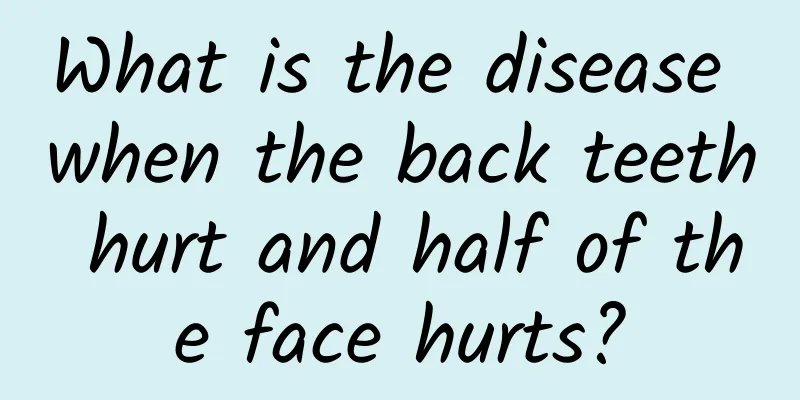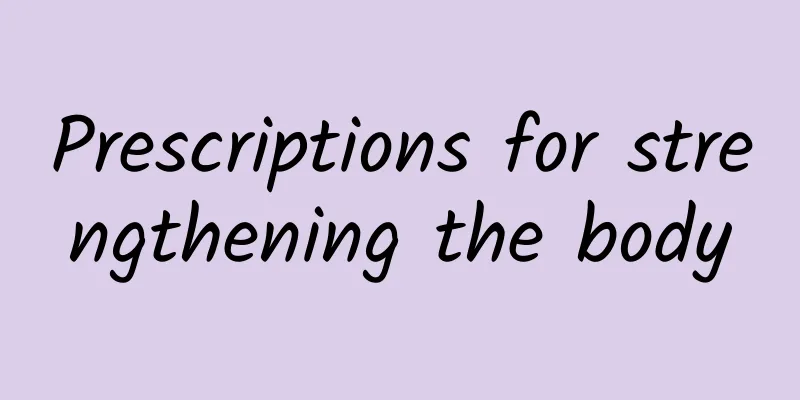Causes of urticaria

|
Urticaria is very common in clinical practice. It is a common skin disease. We know that the skin is the largest organ of our human body. Once there is a problem with the skin, the damage caused to our body is very serious. Therefore, if we find that we have urticaria, we must actively treat it, and we should also know what causes the occurrence of urticaria. The cause of urticaria is something that many patients with urticaria need to understand. If we know the cause of urticaria, we can effectively prevent urticaria, and patients with urticaria can also make effective treatment based on the cause. There are generally two methods to treat urticaria. We can use general treatment methods to treat urticaria, or we can use drug therapy to treat urticaria. Let’s take a look at the introduction below. The cause of urticaria is very complicated, and the cause cannot be found in about 3/4 of patients, especially chronic urticaria. The common causes include: food and food additives; inhalants; infection; drugs; physical factors such as mechanical stimulation, cold and heat, sunlight, etc.; insect bites; mental factors and endocrine changes; genetic factors, etc. 1. General treatment Because the causes of urticaria vary, the treatment effects are also different. The specific treatment measures are as follows: (1) Eliminate the cause. Every patient should strive to find the cause of the attack and avoid it. If the cause is infection, the infected lesions should be treated actively. If the allergy is caused by drugs, the allergy medication should be stopped; if the allergy is caused by food, find out the allergic food and do not eat this food again. (2) Avoid inducing factors. For example, for cold urticaria, you should keep warm; for acetylcholine urticaria, you should reduce exercise, sweating and mood swings; for contact urticaria, you should reduce the chance of contact. 2. Medication (1) Antihistamine drugs ①H receptor antagonists have strong anti-histamine and anti-other inflammatory mediator effects and are effective in treating various types of urticaria. Commonly used H1 receptor antagonists include diphenhydramine, cyproheptadine, chlorpheniramine, acrivastine, cetirizine, mizolastine, loratadine, ebastine, azelastine, desloratadine, etc.; when single treatment is ineffective, two different types of H1 receptor antagonists can be used in combination or in combination with H2 receptor antagonists. Commonly used H2 receptor antagonists include cimetidine, ranitidine, famotidine, etc. It is effective for acute, chronic urticaria and cold urticaria. Dosage varies from person to person. ② Doxepin is a tricyclic antidepressant that is particularly effective for chronic urticaria and has fewer adverse reactions. Doxepin is a better choice of drug for patients with urticaria who are not responsive to traditional antihistamines. (2) Drugs that inhibit mast cell degranulation and reduce histamine release ① Meta-hydroxyisobutyrine sulfate is a β2 adrenergic receptor stimulator that can increase the concentration of cAMP in the body, thereby inhibiting mast cell degranulation. ② Ketotifen inhibits mast cell degranulation and prevents the release of inflammatory mediators (such as histamine, slow-reacting substances, etc.) by increasing the concentration of cAMP in the body. Its inhibitory effect is stronger and faster than that of sodium cromoglycate, and it can be taken orally. ③Sodium cromoglycate can block the binding of antigen and antibody and inhibit the release of inflammatory mediators. If used in combination with glucocorticoids, the dosage of the latter can be reduced and the therapeutic effect can be enhanced. ④ Tranilast reduces the release of histamine by stabilizing the mast cell membrane. (3) Glucocorticoids are second-line drugs for the treatment of urticaria. They are generally used when severe acute urticaria, urticarial vasculitis, and pressure urticaria are ineffective against antihistamines, or when chronic urticaria is severely stimulated. They are administered intravenously or orally, and long-term use should be avoided. Commonly used drugs are as follows: ① prednisone; ② triamcinolone; ③ dexamethasone; ④ diprosone. In emergency situations, hydrocortisone, dexamethasone, or methylprednisolone is given intravenously. (4) Immunosuppressants: When patients with chronic urticaria have an autoimmune basis and the disease recurs, and the above treatments cannot achieve satisfactory results, immunosuppressants can be used. Cyclosporine has a good therapeutic effect. Azathioprine, cyclophosphamide, methotrexate and immunoglobulin can all be tried. Tripterygium wilfordii also has a certain therapeutic effect. Due to the high incidence of side effects of immunosuppressants, they are generally not recommended for the treatment of urticaria. In addition, drugs that reduce vascular permeability, such as vitamin C, vitamin P, calcium supplements, etc., are often used in combination with antihistamines. If it is caused by infectious factors, appropriate antibiotics can be used for treatment. In the above article, we introduced a common clinical disease, urticaria. We know that urticaria, a skin disease, needs to be treated immediately to avoid causing bigger diseases. The above article introduces the causes of urticaria in detail. I believe everyone must have understood it very well. We also introduced the treatment methods of urticaria.
|
>>: Is it necessary to get the Japanese encephalitis vaccine?
Recommend
Traditional Chinese medicine can regulate sunken eye sockets
Sunken upper eye sockets are a very terrible cond...
Changes after Consistently Drinking Lingzhi Water
Ganoderma water is a medicinal water with relativ...
What are the causes of spleen enlargement?
The problem of splenomegaly needs to be taken ser...
What to do if you have acne on your face
When the weather is hot, blood circulation and me...
What is cerebral infarction?
Cerebral infarction is a disease caused by impair...
The role and function of moxibustion on the Du Meridian_The role and function of moxibustion on the Du Meridian
Traditional Chinese medicine pays more attention ...
Traditional Chinese medicine focuses on nourishing qi
Traditional Chinese medicine believes that "...
Chinese patent medicine for treating tinnitus
In life, we will encounter some tinnitus to a gre...
Is Traditional Chinese Medicine Ineffective? That's where you got into a misunderstanding.
October 22, which just passed, was World Traditio...
How to eat Cordyceps sinensis for good effect
There are many ways to eat Cordyceps. The more tr...
Irregular menstruation after cesarean section
With the development of technology, more and more...
What to do if you have a dislocated lumbar spine
Dislocation is a problem that usually occurs at t...
Will weak sperm lead to miscarriage?
The issue of fertility is taken very seriously by...
They are the reason for delayed menstruation!
Many women gain weight easily even if they don’t ...
A ray of light can actually nourish your "window of life"
According to traditional Chinese medicine, the li...









